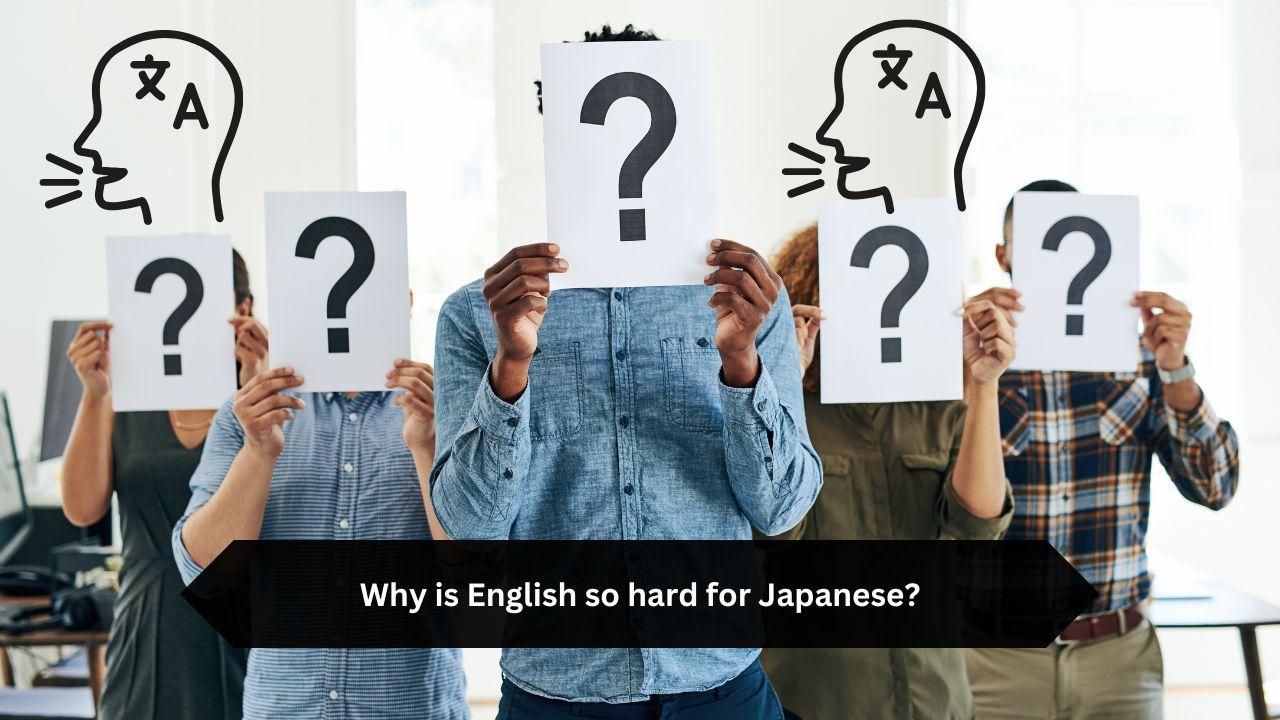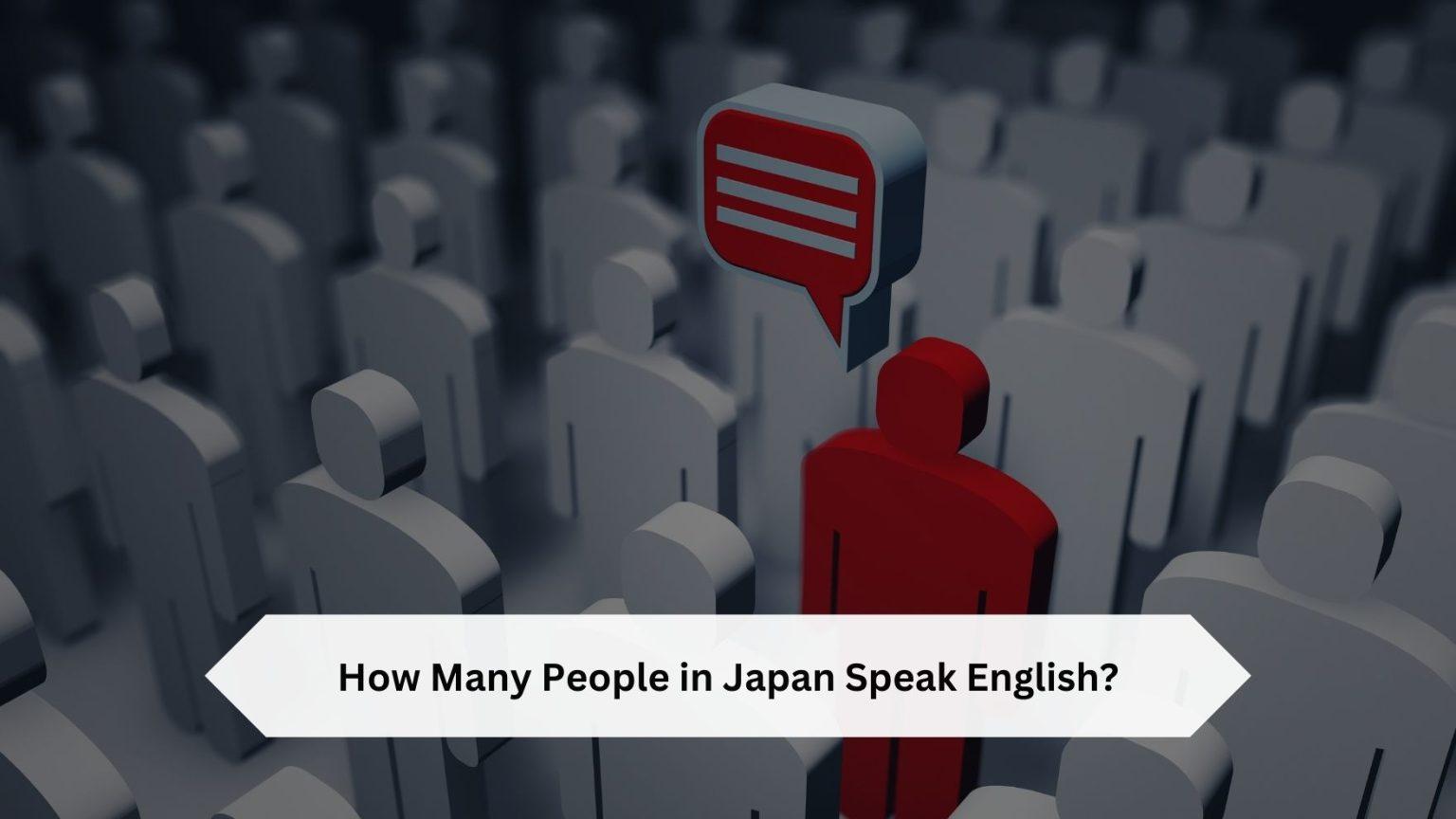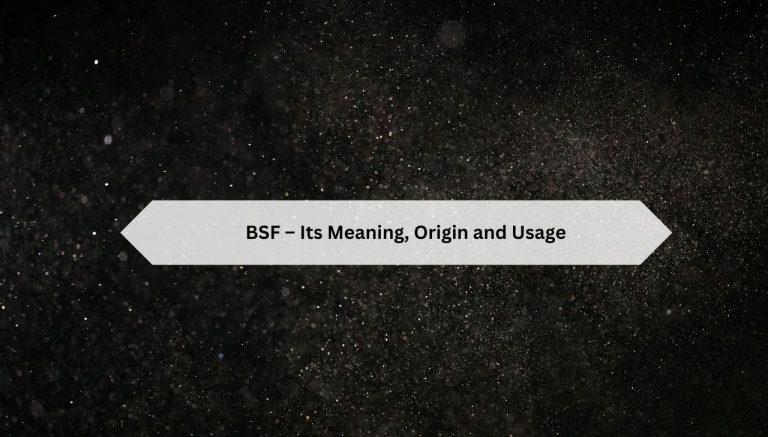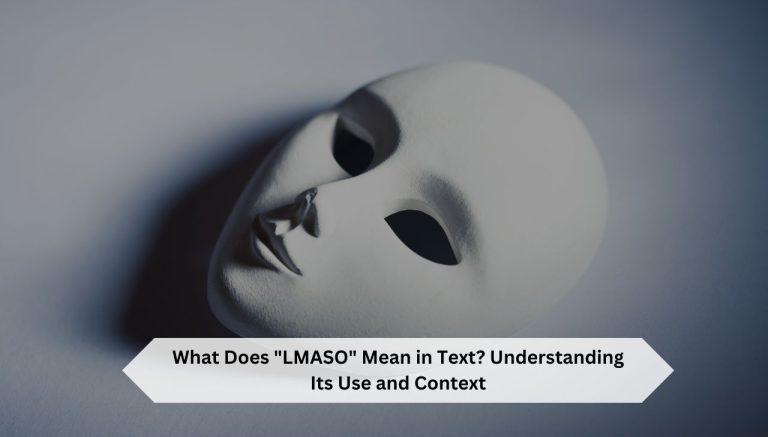How Many People in Japan Speak English? A Comprehensive Look
In Japan, the level of English proficiency varies widely. This situation points to deeper issues in how English is taught and learned in Japan. It also shows how cultural factors and personal motivations play a part. As Japan keeps connecting with the world, it’s essential to understand these challenges. This is especially true for Japan’s youth, growing up in an increasingly global society.
How Japan addresses these language learning challenges could shape English’s role in its future. So, what does this mean for English in Japan moving forward? It suggests a need for educational changes and perhaps a shift in cultural attitudes towards language learning.
Why Do Japanese Not Speak English?

Although English is everywhere in global business and media, many Japanese people aren’t good at it. A lot of this comes down to how they learn English at school where the focus is more on grammar and reading than on talking. This means that while they can read English, they find it hard to speak it. The difference between Japanese and English is another big hurdle. Japanese and English don’t share much in common regarding how sentences are built, the sounds used, and how the grammar works. This makes learning English challenging for Japanese speakers.
Also, Japanese culture values getting things right, which can make people scared to try speaking English because they don’t want to make mistakes. Plus, they don’t start learning to communicate in English until high school, which is pretty late. All of this means that many adults in Japan aren’t very fluent in English.
Also Read – 70+ Easy, Advanced Chinese Tongue Twisters to Tickle Your Teeth
How Many People are Learning English in Japan
While many adults in Japan find English challenging, there’s a clear and growing interest in learning it. More than half of the people in Japan want to get better at English, especially the younger ones. English has been a required subject in schools for a long time, but they’ve only really started focusing on actual speaking and writing skills since 2009. After the 2020 Olympics, they changed the school curriculum to focus more on speaking and writing instead of just grammar and translating. This shift is all about getting students ready to talk and write in English in the real world.
They know how important English is globally, so they’re starting kids on English earlier, even in elementary school, to help them get good at it from a young age. The numbers show that it’s working. In 2022, almost half of the high school graduates had at least a basic understanding of English. That’s a big jump compared to ten years ago. It looks like the newer ways of teaching and starting earlier are paying off, helping more Japanese students improve their English.
Why is English so hard for Japanese?

Understanding why English is challenging for Japanese people means looking at the significant differences between the two languages. English and Japanese don’t share much in common. English comes from the Germanic group, part of a more prominent family called Indo-European. On the other hand, Japanese stands alone, not fitting neatly with other language families. These differences spill over into grammar, sounds, and words.
Japanese sentences usually go: subject, object, verb. English flips this to subject, verb, object. Imagine switching this order every time you speak or write in English—it’s like relearning how to make sentences from scratch. Plus, Japanese sounds are fewer and more straightforward, often ending in vowels. English throws in tricky bunches of consonants and a mix of vowel sounds that can be hard to get right.
And then there’s writing. Japanese uses three types of characters—Hiragana, Katakana, and Kanji. Each type has its role. English uses one alphabet, which is more straightforward, but a significant shift for Japanese learners. It’s not just about language mechanics. Culture plays a part too. Japanese conversations often rely on what’s not said—subtle hints and reading the situation. English can be more direct, which can be a tough adjustment. Also, there aren’t as many chances to practice English daily in Japan, making it harder to get good at speaking it casually.
Number of English Speakers in Japan
In Japan, between 18 to 34 million people, which makes up about 15-28% of the population, can speak English at different levels. This shows that a good number of people in Japan use English, even though they might not all speak it fluently. Regarding how well they say, most are at an intermediate level, and less than 2% speak English fluently. While many Japanese people can manage basic English conversations, it’s rare to find someone who’s very good at it. Also, about 31-41% of people in Japan don’t speak English at all, showing there’s still a significant gap in language skills.
Looking at different age groups, the best English speakers are between 26 and 30 years old. This might be because of recent changes in how English is taught in schools. On the other hand, younger folks, especially those between 18 and 25, have seen their English skills drop since 2019. This could be due to the disruptions caused by the global pandemic affecting their education.
Conclusion
The study of English skills in Japan shows a mix of cultural, educational, and economic factors. Most people in Japan know some English, but very few are fluent. This is mainly because the way English has been taught focuses more on reading and writing than speaking and listening. However, things are changing. Schools are starting to teach English earlier and are using methods that focus on actual communication. This could mean better English skills for future generations.
The economy also matters a lot. As Japan’s businesses continue to work globally, there’s a growing need for people who can speak English, especially in sectors like business and tourism. For many young people in Japan, being good at English is seen as a key advantage in a competitive world. With new ways of teaching and a strong interest in English, the outlook for English education in Japan looks good. But, to see widespread improvement in English skills, there needs to be a steady push to change how English is taught and shift cultural views about language learning.







